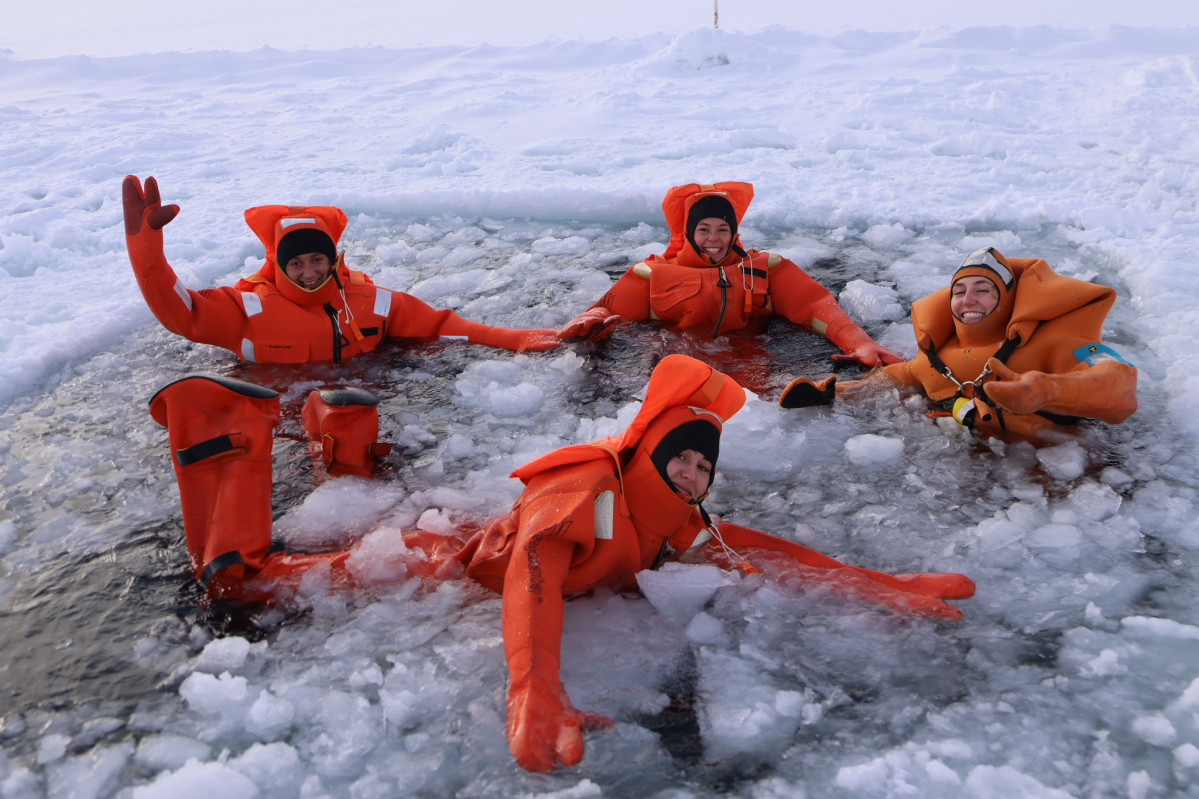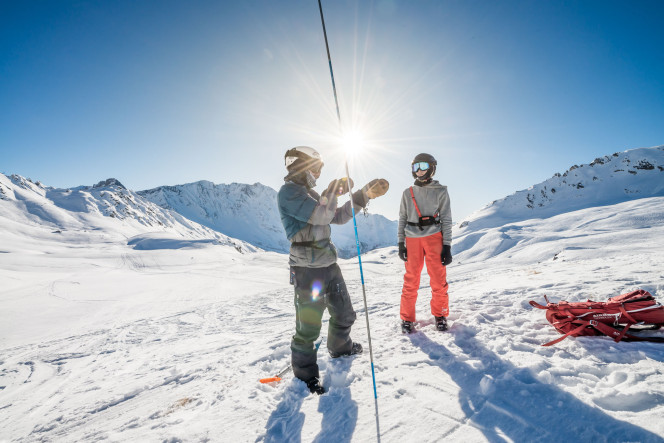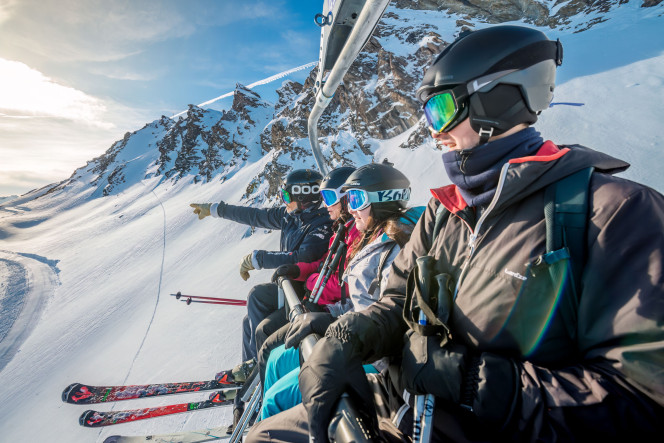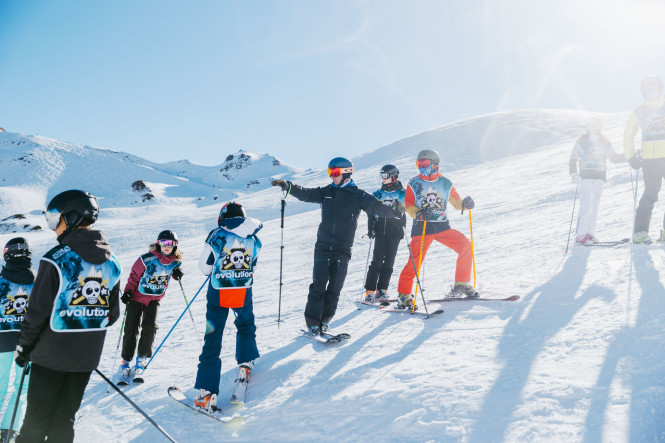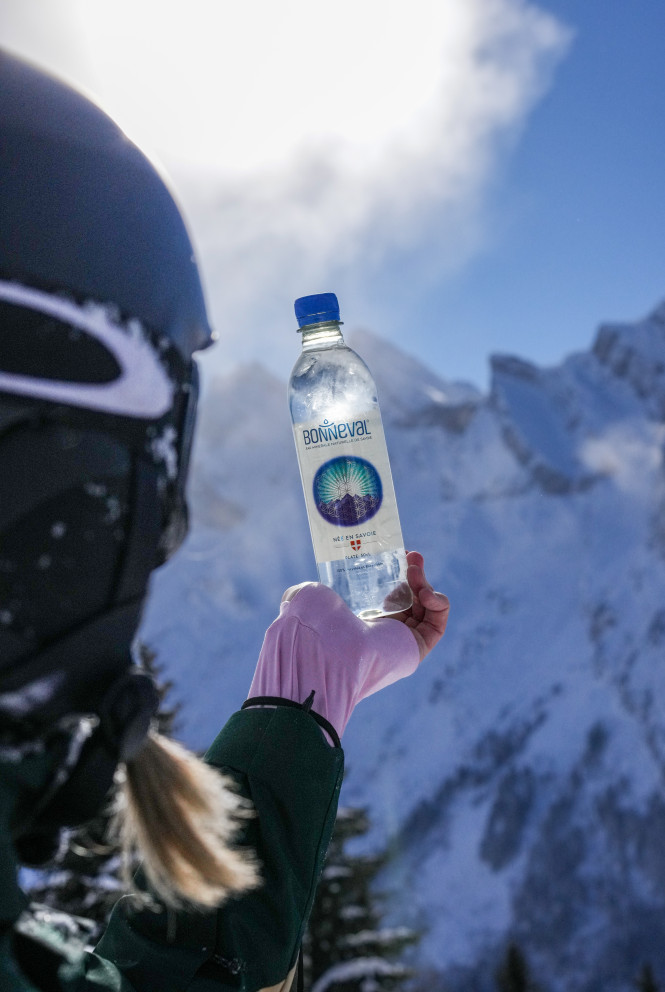At Evolution 2, we are outdoor specialists, and we know that fully enjoying a mountain experience starts with proper preparation. One of the most underestimated yet crucial elements is hydration. Whether you're a fan of skiing, hiking, or climbing, understanding how altitude affects your body and how to stay properly hydrated can make all the difference.
In this practical guide, we explain why hydration is essential at high altitudes and how to optimize your water intake to maintain performance and make the most of your outdoor activities.


